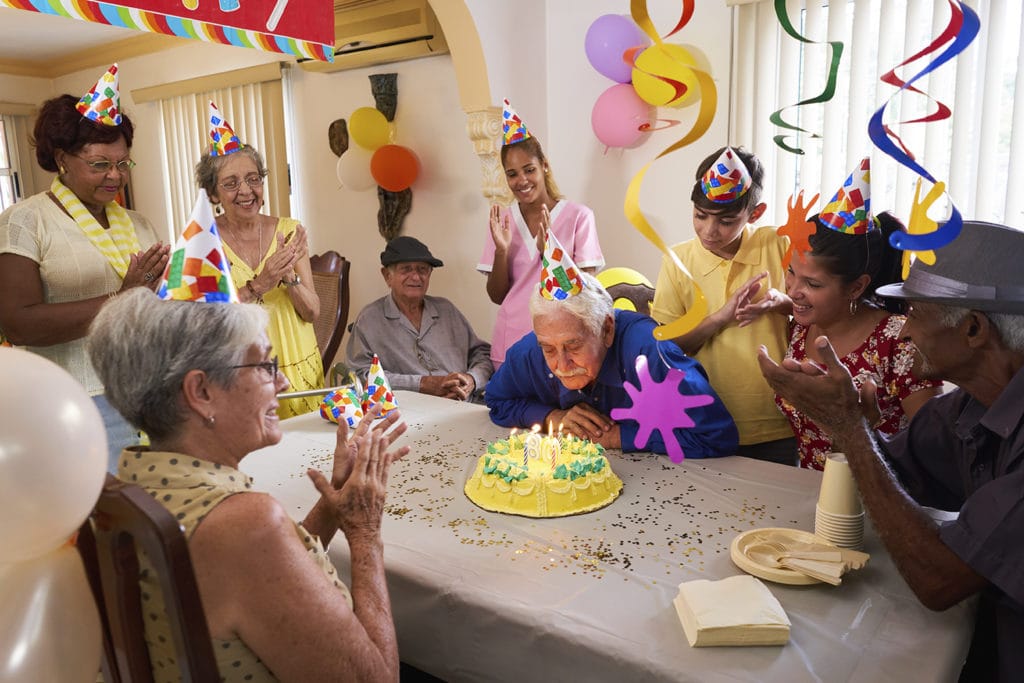Five Strategies to Overcome Resistance from Your Loved One Regarding Hospice Care
It’s understandable when a loved one resists hospice care. Lavender Hospice can help you find ways to talk with them and overcome their resistance. Here are five strategies to do so:
Education
Educate yourself with all the information you can about hospice care and anticipate questions or objections your loved one may have. Your relative might have heard incorrect information about hospice care and may base their opinion on it. Be prepared to answer specific questions regarding the cost, pain management methods, and other details about the care. Show that you have taken the time to learn all the benefits of hospice care, including comfort measures that can make life easier for them in the later stages of their illness.
Respect
Understand and respect your loved one’s wishes and feelings. It is important to remember that the decision to opt for hospice care is ultimately theirs, so be sure to listen to their feelings and wishes without being judgmental. Even if you disagree with their decision, it is important to respect their wishes and give them the space they need to express themselves. Despite your disagreement, you can still be supportive and try to understand their perspectives. This can help build trust and make the transition to hospice care easier for your loved one.
Connect
Reaching out to connect with other people who have gone through a similar experience can be immensely beneficial. When you share your story and get support from fellow caregivers, it will give you valuable insight into what others are going through.
Don’t hesitate to ask for help when needed – Lavender Hospice is available to assist you in connecting with the appropriate resources that can offer assistance during this difficult time.
Quality Time
When your loved one is terminally ill, “living in the moment” has never been more meaningful and significant. The best way to show them how much you care is by simply being present with them. Participate in activities that bring joy into both your lives. This is a special time. Create memorable moments together that will last a lifetime.


Support
If your loved one is already on Hospice – It is important to remember that hospice care isn’t just about the physical symptoms. There is additional support available such as social workers, bereavement counselors, and spiritual advisors.
Utilizing these services can help you and your loved ones cope with this difficult situation.
How to Apply
Table of Content
Hospice Five Strategies to Overcome Resistance from Your Loved One Regarding Hospice Care
- arizona hospice guidance, compassionate hospice conversations phoenix, end-of-life care Phoenix, guiding loved ones to hospice phoenix, hospice care resistance phoenix, hospice care strategies phoenix, hospice care support phoenix az, hospice care tips phoenix, lavender hospice phoenix, overcoming hospice resistance phoenix
